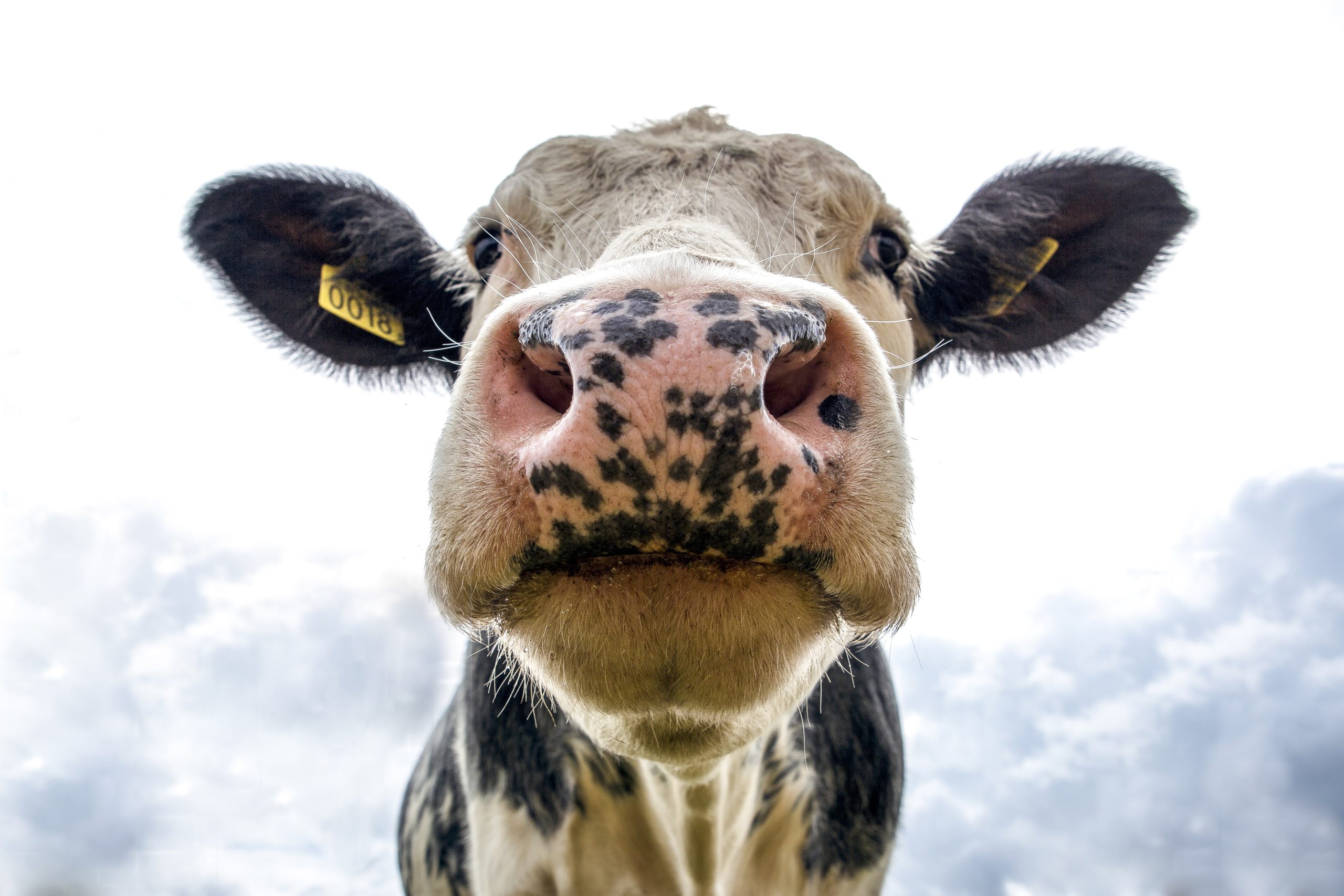
13 Okt. Better animal welfare on farms across Europe
Brussels, 12.10.2021. The Environment Committee of the EU Parliament today adopted by a majority the report „on the implementation of animal welfare on farms“. As shadow rapporteur for the Greens/EFA group, MEP Manuela Ripa (ÖDP) is pleased with her hard-won success: „With our amendments, my colleagues from the Animal Welfare Intergroup Anja Hazekamp (GUE/NGL), Jytte Guteland (S&D) and I were able to achieve clear demands for the welfare of farm animals after difficult negotiations. The demands also include better financial support for farmers for more animal welfare and improved consumer information.“
In concrete terms, Manuela Ripa was able to introduce, for example, that EU legislation on animal welfare must be reviewed on a species-specific basis and must be geared to the five animal welfare criteria – feeding, husbandry, health, behaviour and mental state.
The long overdue ban on the cruel production of foie gras could also be pushed through. Ripa is particularly pleased about the inclusion of the introduction of a mandatory EU-wide animal welfare label. „So far, the Member States only want voluntary labelling, which is clearly too little. Here the Environment Committee is sending a clear signal,“ says Ripa.
But it is not enough to have high EU animal welfare standards only in Europe. These must not be undermined by imports. Therefore, it was extremely important to make a clear demand on EU trade policy: Trade agreements should grant trade preferences only on condition that they comply with all EU animal welfare laws. For this, binding and enforceable sanctions are demanded for the first time. Also, all EU subsidies that run counter to animal welfare are to be phased out by next year.
Another important point is the stronger control of antibiotics and other chemicals banned in the EU in imports of animal products from non-EU countries: „This is an important step for more consumer protection“, explains Ripa.
Manuela Ripa sums up her work of the last months: „It is actually unbelievable that so much that is self-evident, such as more animal welfare in our stables, was so difficult to push through in Parliament.“ The amendments that did not make it into the report show how great the resistance was on the part of the Parliament. For example, Ripa also demanded an end to the cruel transport of long-lived animals and a ban on exports to third countries.
Instead, the report succeeded in including the promotion of regional and mobile slaughterhouses as well as direct farm slaughter. Also, instead of live animal transports, meat should be transported instead. „Animals should be spared the terrible transport, stress and torture they are subjected to in slaughterhouses.“
It is now up to the European Parliament’s Agriculture Committee, which is the lead committee, to take up the important demands of the Environment Committee for more animal welfare for farm animals.

